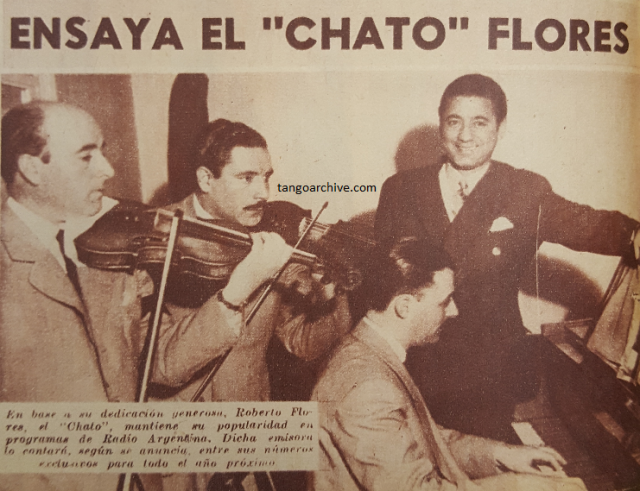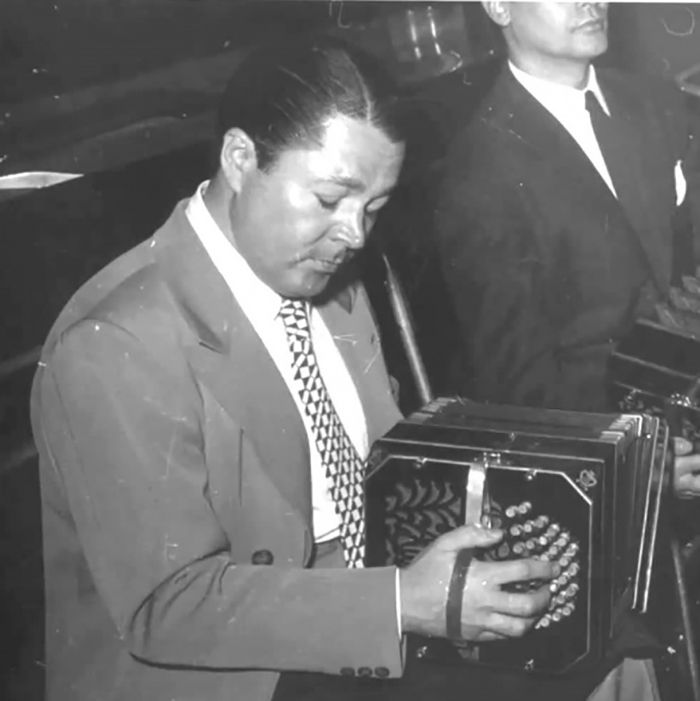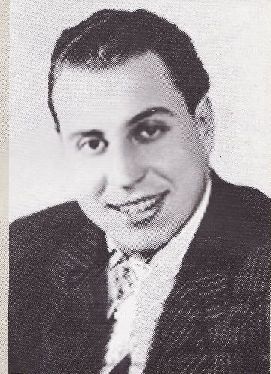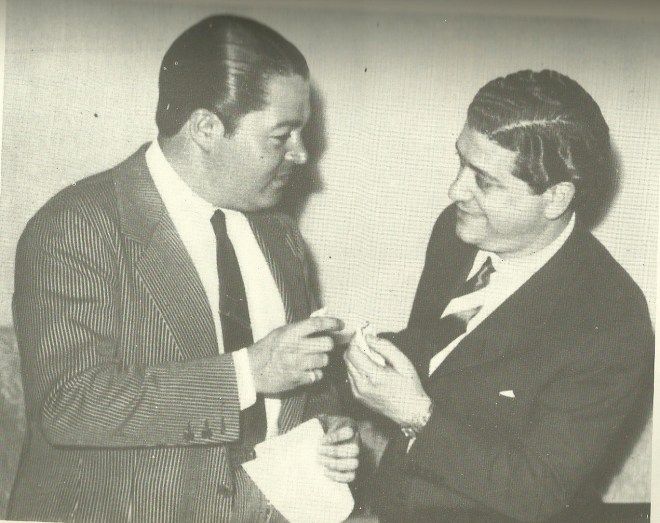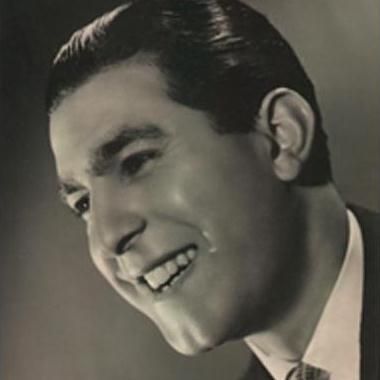“Dejame ser así” by Enrique Rodríguez y su Orquesta Típica with Roberto “Chato” Flores in vocals, 1938 (English translation).
Let me love you my way,
Let me remain as I am,
We can neither put a cast to the affection
Nor reins to the heart.
I am like the thistles of the paddock
Tanned by the winds, rain and sun,
But also, able to produce flowers
Let me remain as I am.
If I’m sad about something
And if I sing a pain,
It will not be on a whim
Nor will it be out of spite.
If there is something strange about me
That I can not explain,
But please,
Do not reproach me
That are yesterday’s things.
“Dejame que te quiera a mi manera,
Dejame seguir siendo como soy,
Que no se pone en moldes el cariño
Ni se le pone riendas al corazón.
Yo soy como los cardos del potrero
Curtido por los vientos, lluvia y sol,
Pero también, capaces de dar flores
Dejame seguir siendo como soy.
Si soy triste por algo
Y si canto un dolor,
No será por capricho
Ni será por rencor.
Si hay en mí un algo raro
Que no alcanzo a explicar,
Pero por favor,
No me reprochés
Que son cosas de ayer.”
Lyrics: Francisco Gorrindo
Music: Enrique Rodríguez
